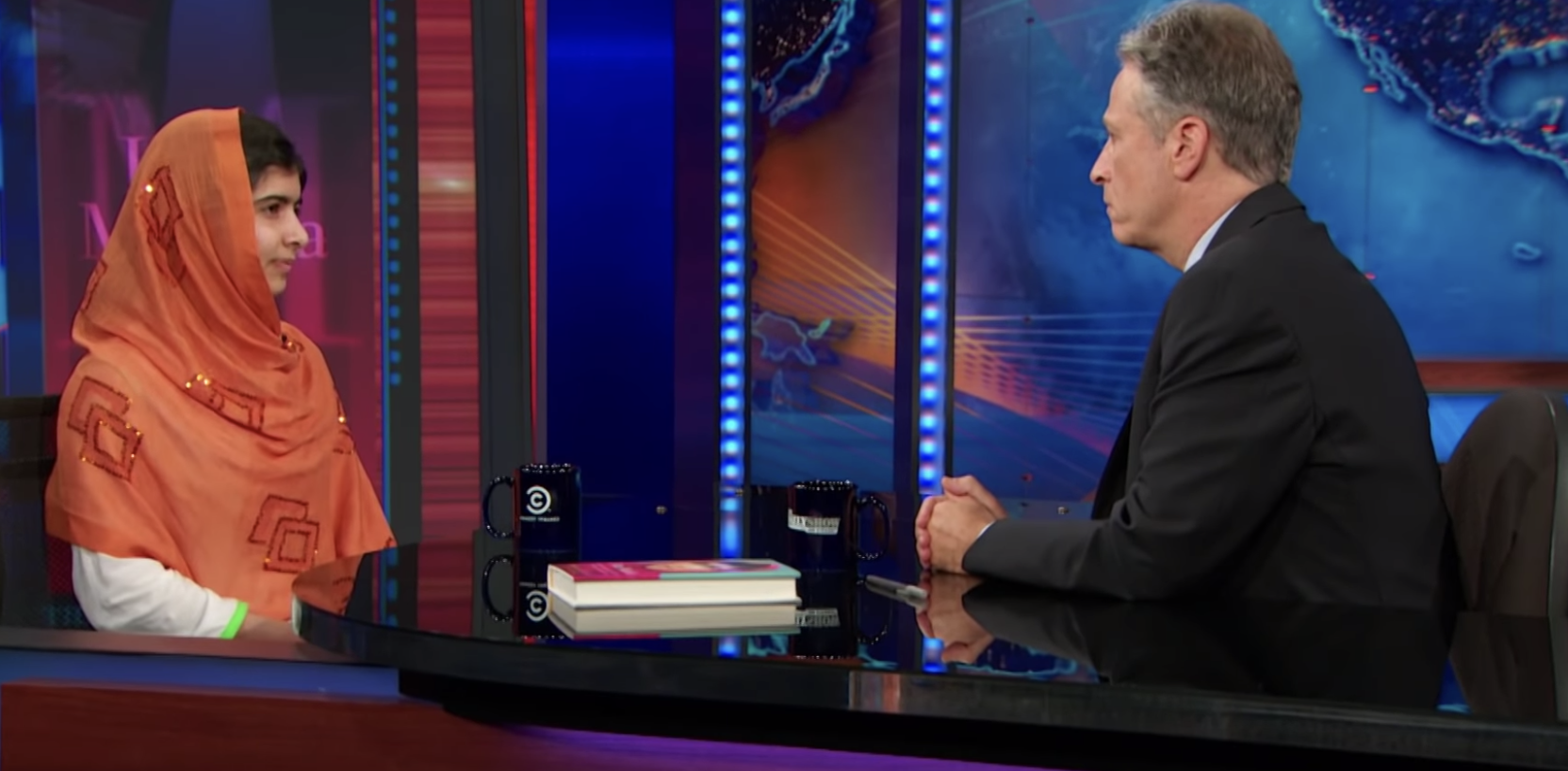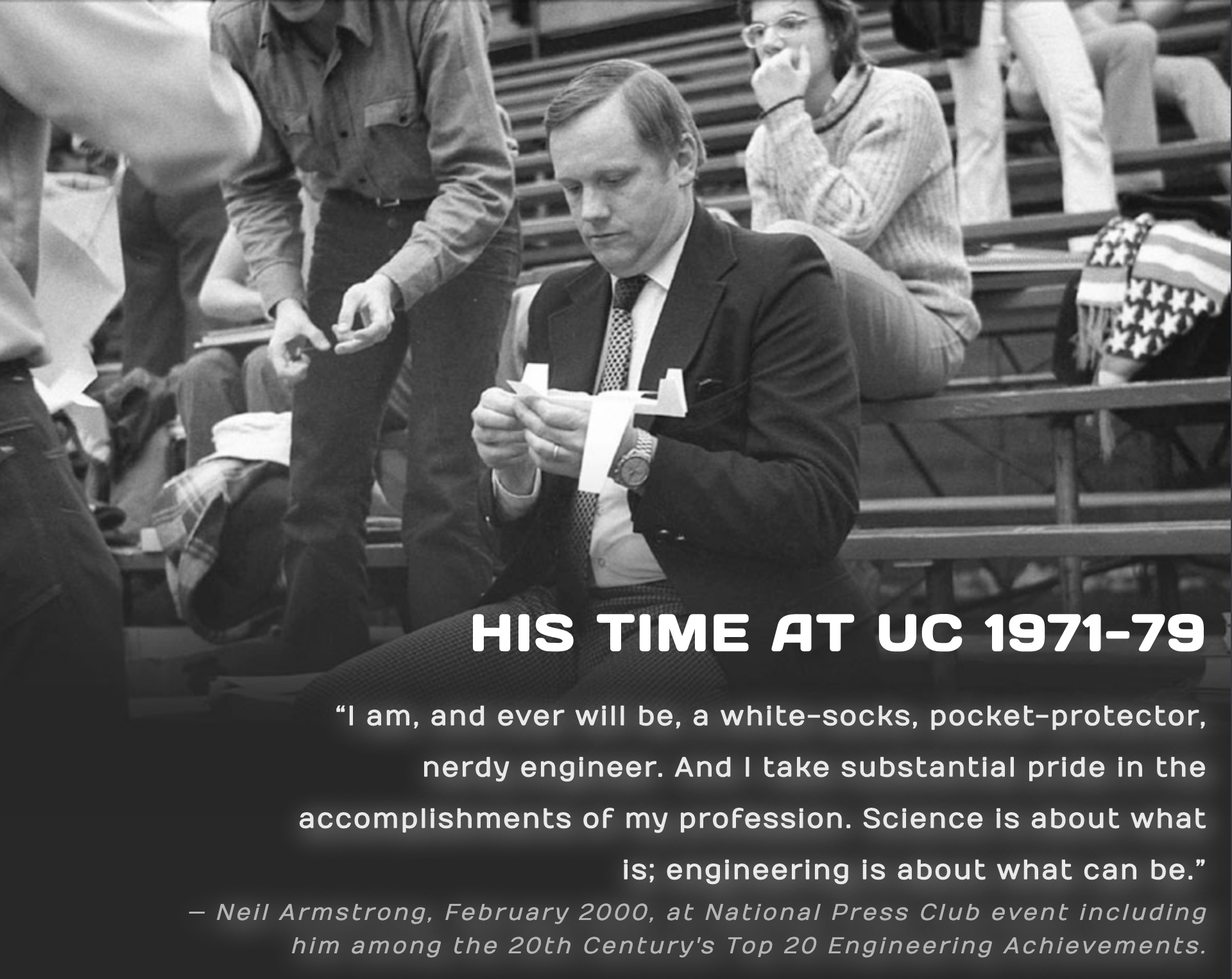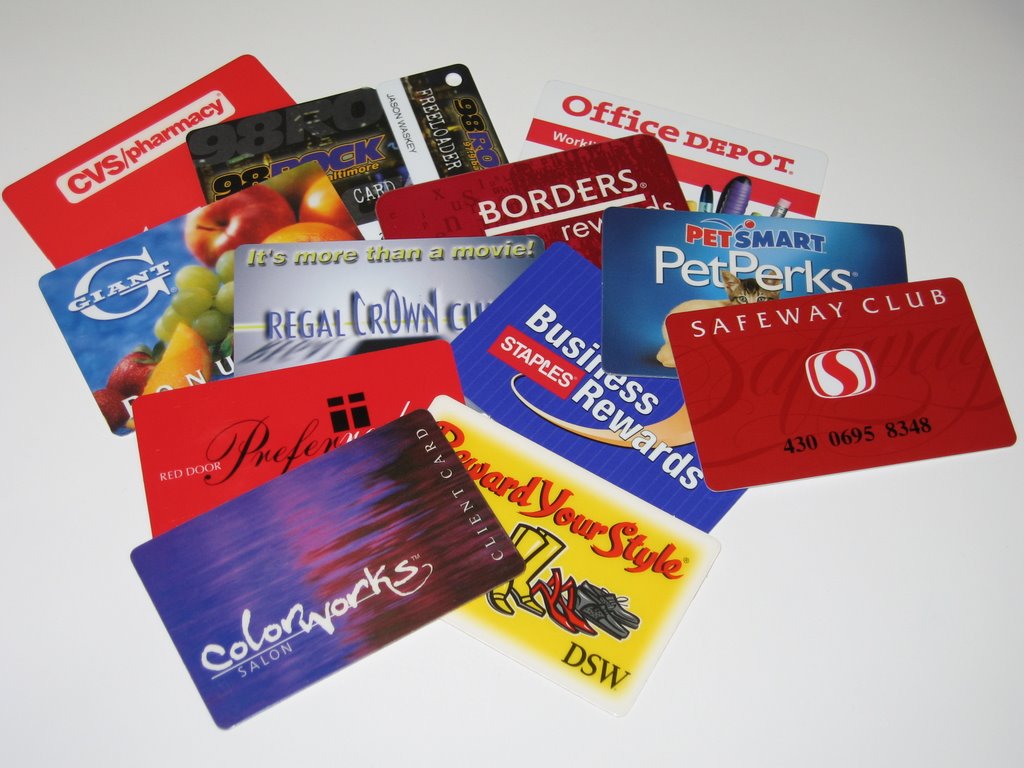When researching for a post I sometimes come across an item where a point is made in a clear and precise way that is much better than anything I can pen. This is what happened recently when I was gathering material on a topic about education.
Searching on the web for some background material on the effect of education on peoples lives, I came across a YouTube clip from The Daily Show in 2012 with one of my favourite American comedians Jon Stewart. In the show he usually lambasts rival TV network commentators, celebrities and politicians. But in this clip he was interviewing Malala Yousafzail the girl who was shot by the Taliban for her stance on access to education for her local community in Pakistan.
During the interview Jon asked two important question that highlighted points about the importance of education, the first was:
Jon: “Where did your love of education come from?”
Malala: “We are human beings, and this is the part of human nature. We don’t learn the importance of anything until it is snatched from our hands. When in Pakistan we were stopped from going to school at that time I realised that education is very important. Education is the power for women and that is why the terrorists are afraid of education, they do not want women to get education because women will become more power.”
Towards the end of the interview Jon asked how the American people could help with her campaigning and in Malala’s reply another important point is made:
Malala: “I think that the people of America, the United States, they truly support peace, and they say that they must not fight against war with war, dialogue is the best way and we must find a solution for it. In my opinion the solution that would work to fight all these wars and all these problems that people are facing is only education” and she continued “… going to school is not only learning about different subjects it teaches you about communication, it teaches how to live a life, it teaches about history, it teaches about how science is working, other than that you learn about equality because students are provided the same benches, they sit equally, it shows us equality, it teaches students how to accept each other together how to accept each others language, each others religion, it teaches justice and respect, it teaches us how to live together”
At the end of the interview the comedian was clearly moved by the interview.
In 2014 Malala and Kailash Satyarthi won the Nobel Peace Prize “for their struggle against the suppression of children and young people and for the right of all children to education.” Today the Malala Fund continues its campaign to to get more than 130 million girls into schools, and in her childhood home in the Swat Valley her fund is rebuilding the schools that were destroyed by the Taliban.
Over the years of writing this blog I have learned that when struggling to clarifying a point about a subject sometimes it is better to stand back and let those who know their subject have their voice. In this case Malala she used her experience and courage to make two indisputable points about education.






